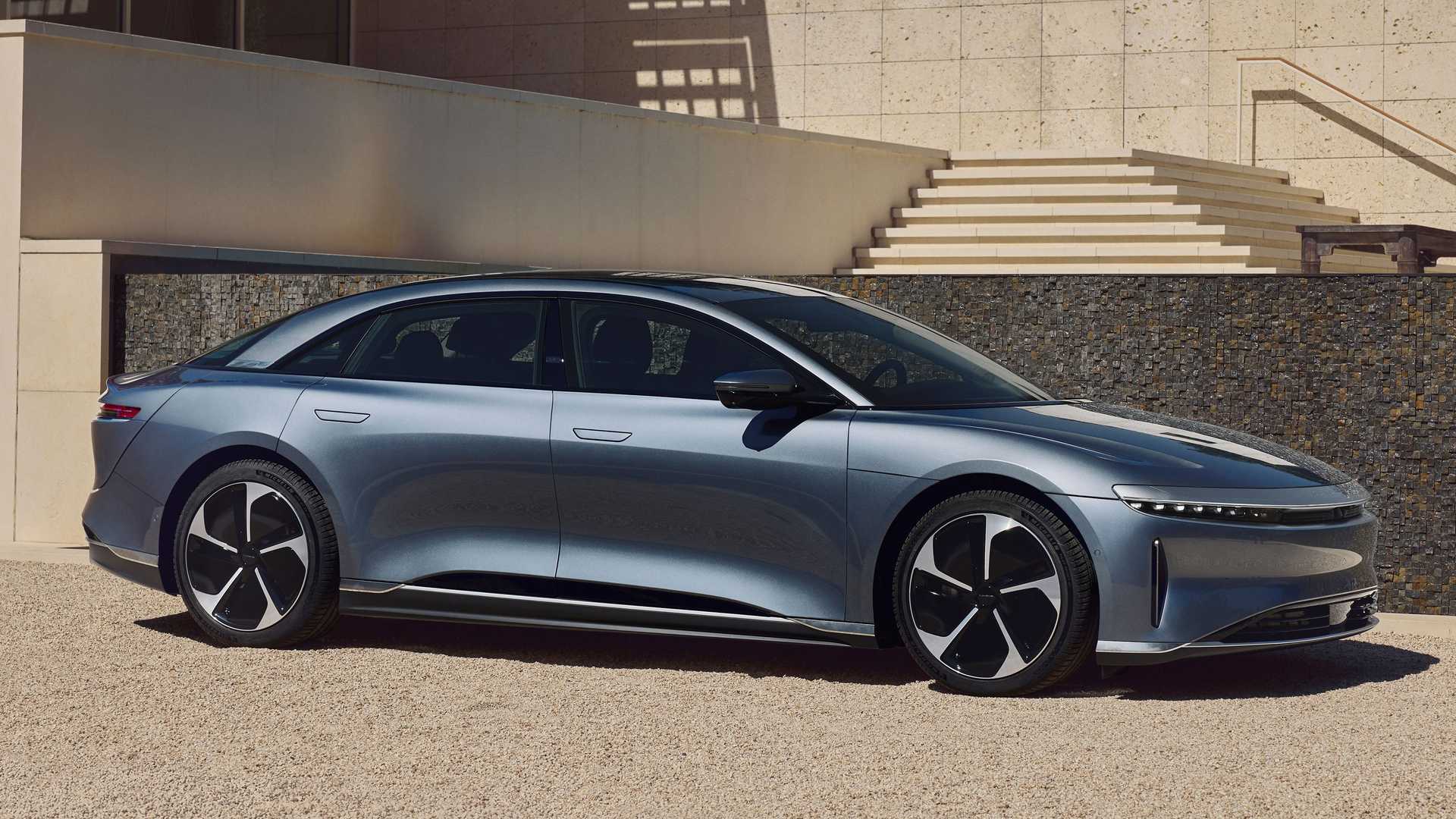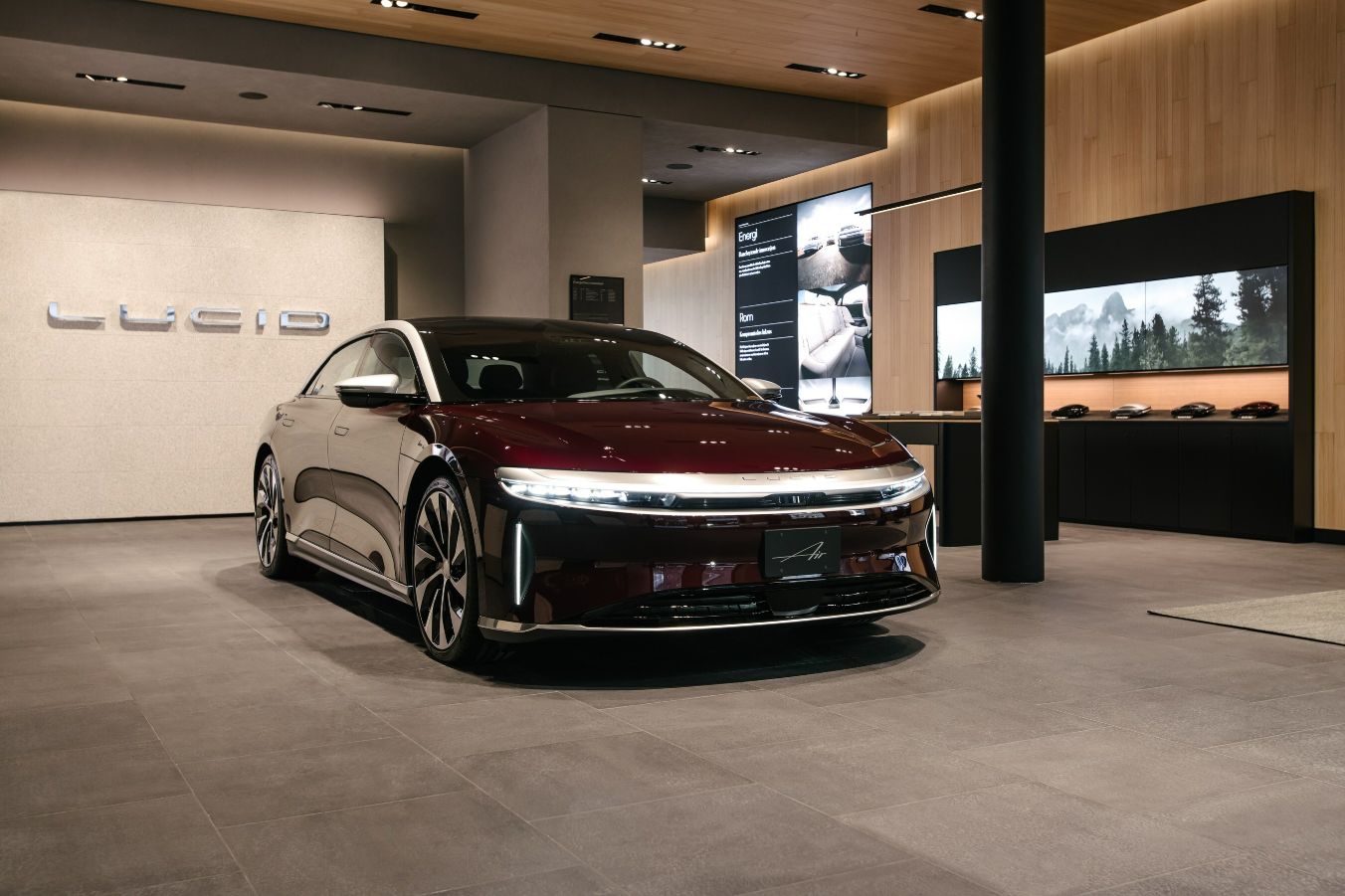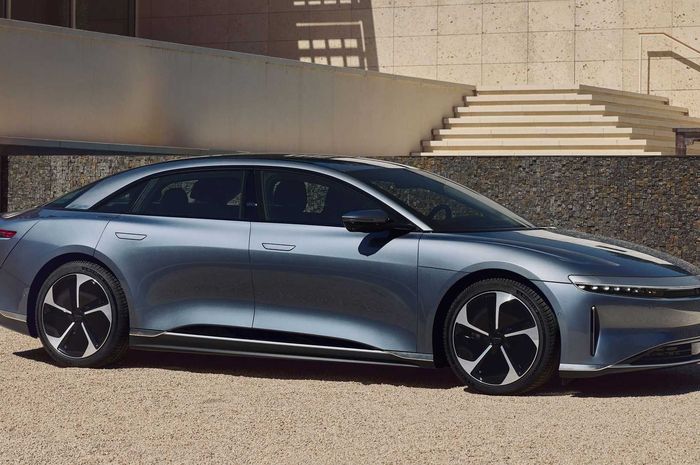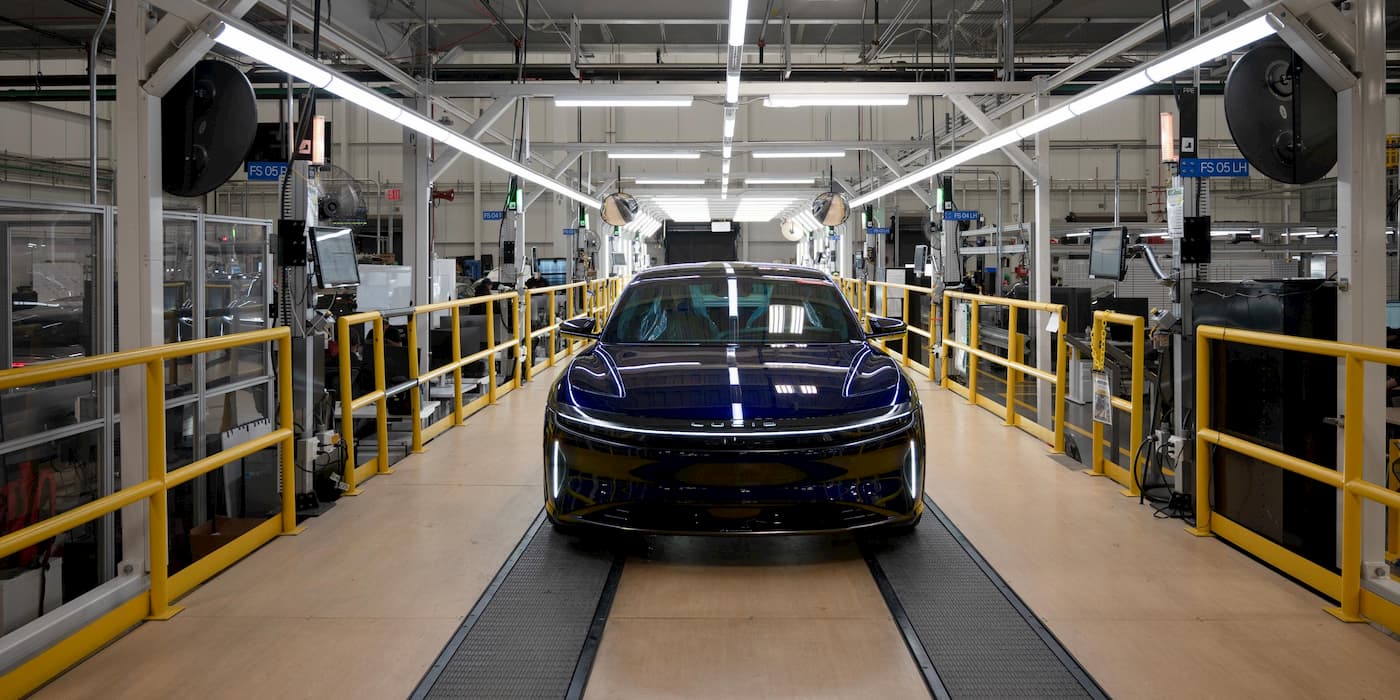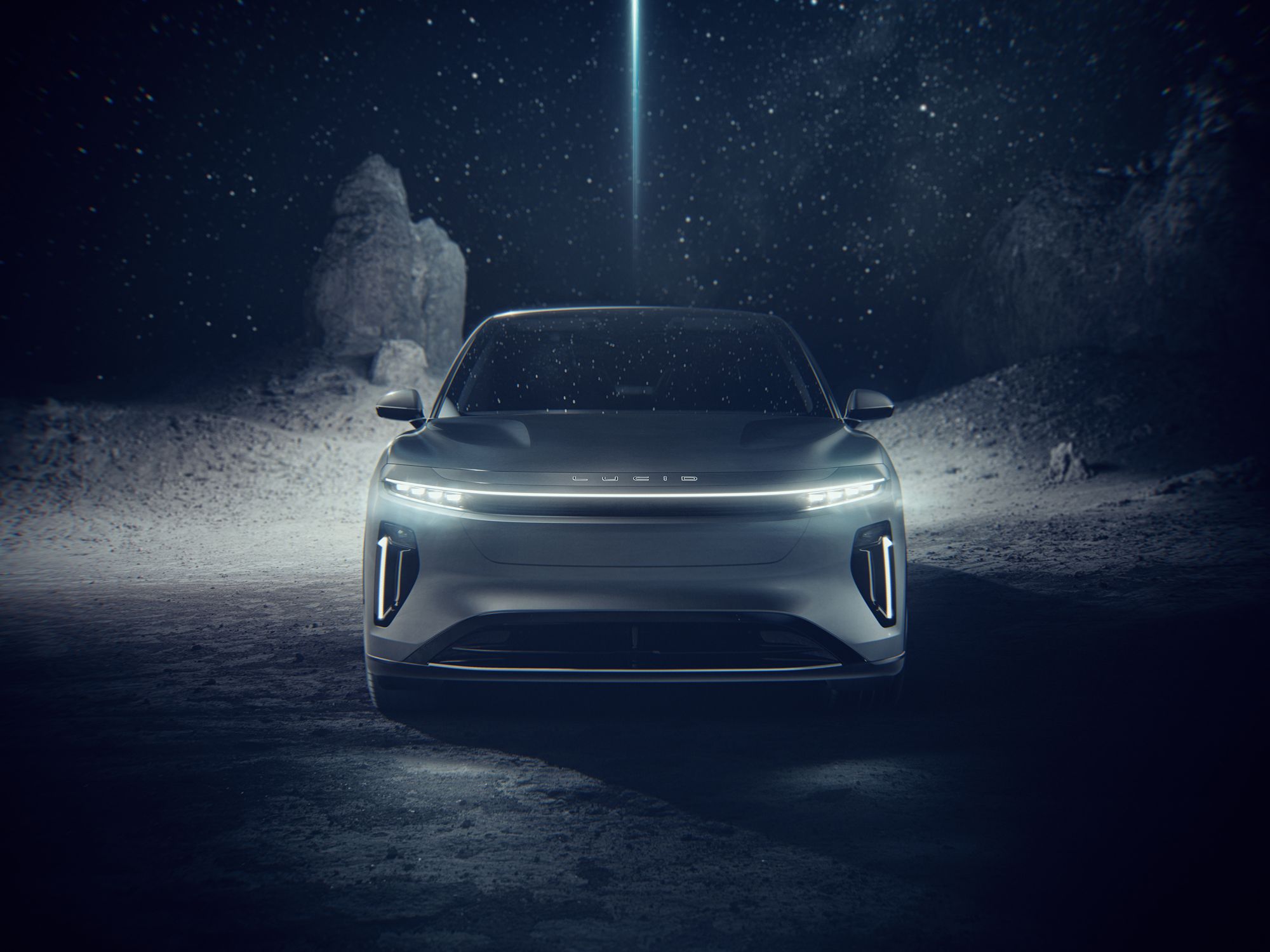Lucid CEO Peter Rawlinson believes that the future of affordable electric vehicles lies in prioritizing high efficiency and smaller battery packs to drive down costs. In an interview with Auto Express, Rawlinson emphasized that Lucid’s technology has the potential to assist the mass-market electric vehicle industry in reducing prices. He highlighted the crucial correlation between high efficiency and compact battery packs, stating that in the next decade, driving range will become less significant.
Rawlinson shared his vision, saying, “The biggest impact on the mass market car will be with smaller battery packs. My vision is could we get to six miles per kilowatt-hour? We’re at 4.6 now. Could we get to six miles per kilowatt-hour with a fast-charging infrastructure, with overnight charging? The electric car of the future only needs 250 miles. We don’t need 500-mile cars in the future, 10 years from now.”
By achieving an efficiency figure of six miles per kilowatt-hour and considering that the average buyer typically requires only 150 miles of range, Rawlinson suggested that future EVs could utilize 25-kilowatt-hour battery packs. This reduction in battery size would significantly contribute to lowering production costs and ultimately result in more affordable electric vehicles.
Rawlinson explained, “That’s a $4,000 pack, particularly with a bit of industrializing scale and battery manufacture. That’s what we need to make a $25,000 car, and that’s what the environment and the world needs urgently to get masses into electric cars. You need the $25,000 car.”
However, Rawlinson acknowledged that Lucid does not possess the financial resources to independently develop and manufacture a $25,000 EV. Nevertheless, he expressed confidence in Lucid’s potential to contribute to the realization of such a vehicle through its technology supplying business, which recently commenced with the Aston Martin deal. Rawlinson aspires for Lucid to become the equivalent of Intel in the electric vehicle market, stating, “Now is Lucid going to make that? [the $25,000 car] No. It’s a horrible thing to be making. But could we be the ‘Intel Inside’ for that car? The enabler? Absolutely. And that’s where we could get the multiplier effect.”
Drawing a parallel to the widely recognized “Intel inside” logo seen on computers, Rawlinson expressed his desire to see “Lucid Inside” featured on cars as well.
While building a $25,000 EV is not currently feasible for Lucid, the company plans to introduce more affordable models in the second half of the decade, following the $90,000 Air luxury sedan. The first step will be the launch of the Project Gravity SUV, with deliveries expected to commence in 2024.
“After Gravity, we’re going to do Model 3 and Model Y competitors. We think around $50,000, maybe $48,000 – something like that. It’s too early to say, but that’s the vision,” Rawlinson revealed.

